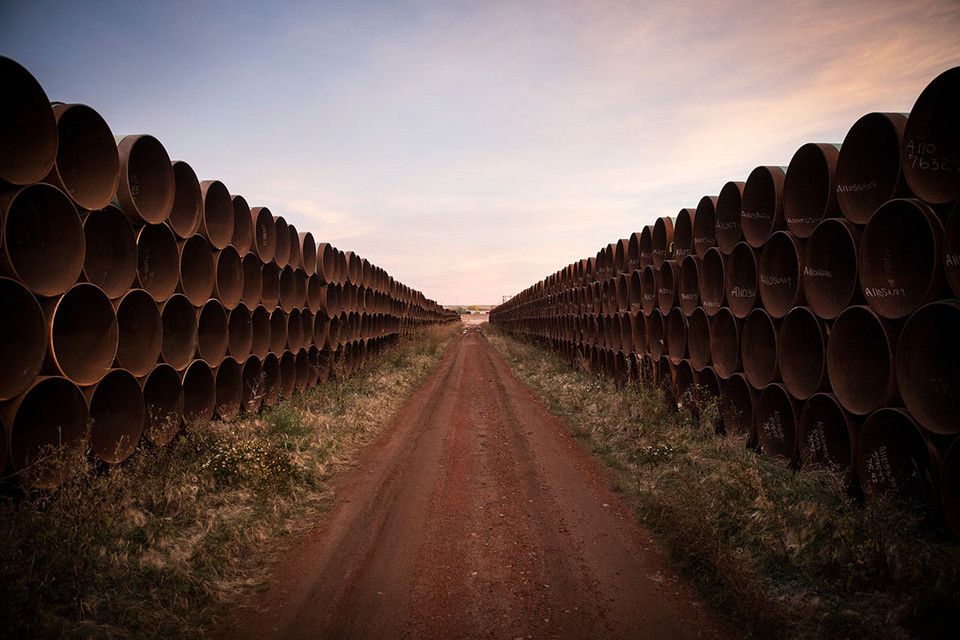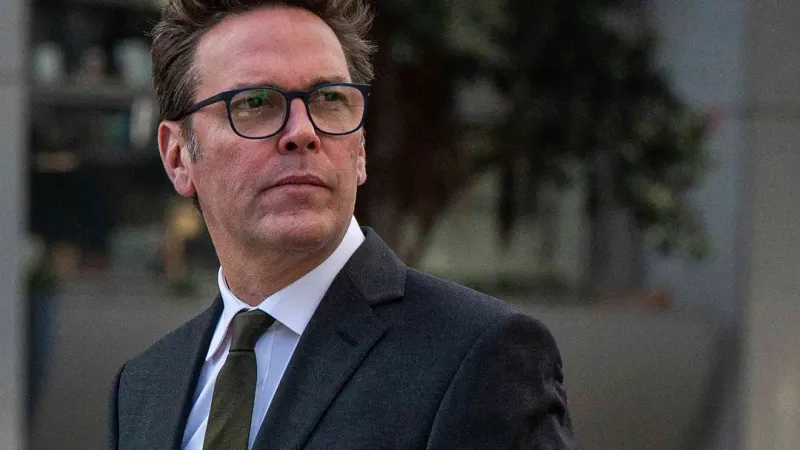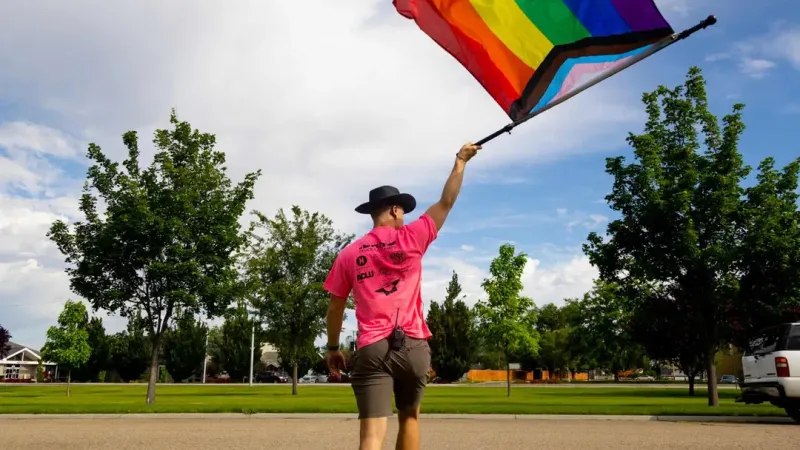Kansas Oil Spill Shuts Keystone Pipeline
The Keystone pipeline in the US has halted operations after more than 14K barrels of crude oil spilled into a creek in Kansas on Wednesday night. Federal safety regulators are investigating the cause, but no timeline has been given for restarting the pipeline.

Facts
- The Keystone pipeline in the US has halted operations after more than 14K barrels of crude oil spilled into a creek in Kansas on Wednesday night. Federal safety regulators are investigating the cause, but no timeline has been given for restarting the pipeline.
- Operated by Canada-based TC Energy, the more than 600K barrel-per-day pipeline ships heavy crude from Canada down to refiners in the US Texas Gulf Coast.
- TC Energy has isolated the pipeline segment where the leak occurred and is using booms to keep the spilled oil from moving downstream.
- News of the leak and subsequent closure of the pipeline prompted US oil prices to climb to $75.44 a barrel before retreating to $72.57.
- The massive spill, one of the largest in the US in nearly a decade, could disturb the flow of crude supplies across the country at a time of market volatility due to fragile supplies.
- Patrick De Haan, head of petroleum analysis at GasBuddy, said he fears the leak could impact oil supplies to refiners in the short term, but if it lasts more than a few days, the consequences would be severe.
Sources: Reuters, Al Jazeera, Journal Record, KMBC, Bloomberg, and Courier.
Narratives
- Establishment-critical narrative, as provided by Politico. The federal government refuses to learn anything from the numerous past leaks. Though drastically underreported to the public, oil pipelines leak all the time and cause accidents every year in the US. Keystone was supposed to be the safest pipeline ever built in North America, but inadequate infrastructure and lack of political will continue to put people, wildlife, and the environment at increased risk.
- Pro-establishment narrative, as provided by HazMat. There are reasons countries struggle to tackle these industrial accidents – there’s no such thing as a spill-, accident-, or sabotage-proof way to transport oil in massive quantities. The only way to prevent oil ruptures from becoming ecological disasters is to invest significantly in advanced monitoring and build double-walled pipelines. A safer design with zero clean-up costs is the sole cost-effective and environment-friendly measure in the long run.






